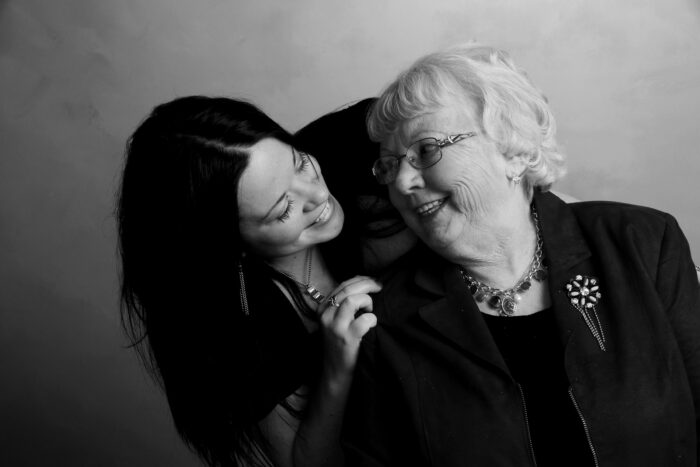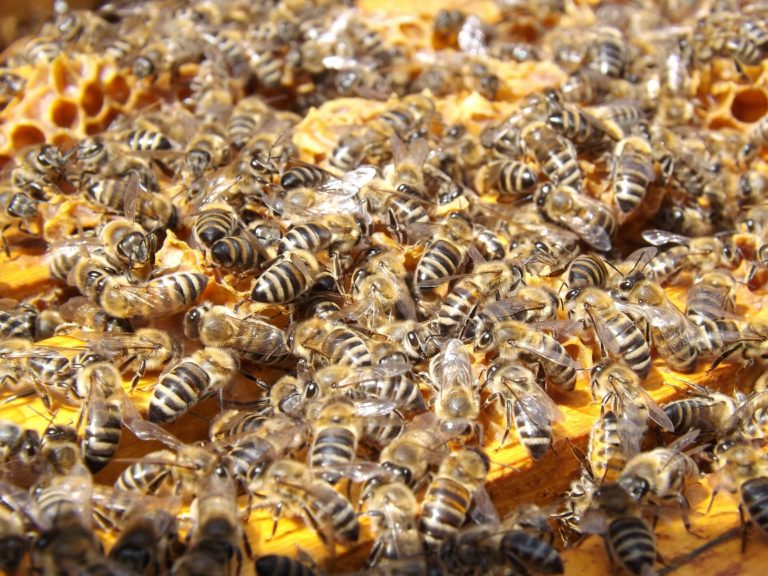22 Better Ways to Say That a Person is Nice
Nice has to be at the top of the list of overused adjectives.
The problem with nice is that it’s too vague. There is almost always a more descriptive term you can replace it with.
Is the person nice because she tries not to inconvenience or hurt other people? Use considerate instead.
Is the person nice because he shows concern for the sick or poor? Use compassionate instead.
Is the person nice because she is easy to talk to? Use approachable or affable instead.
You’ll be a better communicator if you use these descriptive adjectives instead of imprecise, overused adjectives like nice.
Here are 22 alternatives you can use instead of nice. Note that you won’t find kind on this list, as this is another overused adjective.
Better alternatives to nice
A generous person freely gives to others.
“Our donors are generous with both their time and money.”
A friendly person has a pleasant attitude and acts as a friend would to other people.
“Friendly flight attendants always help me relax and feel more comfortable about the flight.”
An amiable person is friendly and sociable.
“As a naturally amiable person, Phyllis always hosted great parties.”
An approachable person is friendly and easy to talk to.
“I was so glad that my new coworkers turned out to be so approachable.”
An affable person is friendly and feels at ease talking to others.
“You’d be great at sales. Your affable personality is perfect for it.”
A polite person is respectful and considerate toward others.
“My students always listen attentively and ask me how I’m doing. They’re so polite.”
A respectful person treats others with respect and deference.
“You should always be respectful of other cultures of and beliefs.”
A considerate person tries not to inconvenience or hurt other people.
“Considerate people don’t listen to music without headphones on the bus.”
A courteous person is polite to and considerate of others.
“We have courteous neighbors. They don’t have loud parties, and they never let their kids play on our lawn.”
An unselfish or selfless person thinks about other people’s needs and often puts those needs before their own.
“The best basketball teams are made up of unselfish players who don’t care about personal achievements.”
“Mike said he always admired his mother’s selfless devotion to her family.”
A thoughtful person thinks about the needs of others.
“I can’t believe my students got me a gift for my birthday. They’re so thoughtful.”
A caring person is kind to other people and feels genuine concern for others.
“In my experience, nurses tend to be extremely caring people.”
A compassionate person is someone who “feels or shows concern for someone who is sick, hurt, poor, etc.” (Meriam-Webster Learner’s Dictionary)
“We’d all be a little better off if our leaders were a little more compassionate.”
A helpful person is willing to assist others.
“We have helpful customer service representatives waiting to take your call.”
A loving person feels and shows love for other people.
“Mark attributes his success to his loving family.”
An affectionate person outwardly displays affection and tenderness to people they love.
“Although Karen seems cold to people she doesn’t know well, she’s actually very affectionate with her family.”
An understanding person is kind, tolerant, and sympathetic to other people.
“Our school counselors are easy to talk to. They are very understanding.”
A supportive person gives emotional support and encouragement to others.
“Dave’s supportive friends helped him get through his divorce.”
A sympathetic person shows kindness and understanding to someone who is hurt or sad.
“The best counselors are genuinely sympathetic.”
An empathetic person understands other people’s feelings and emotions.
“Our supervisors are fairly empathetic. They understand how stressful this job is.”
A charming person is likable and friendly.
“Marcus has raised three charming young men who all have bright futures ahead of them.’
The next time you want to say someone is nice, try one of these descriptive terms instead.
For more better ways to say overused terms, see these articles on synonyms.







